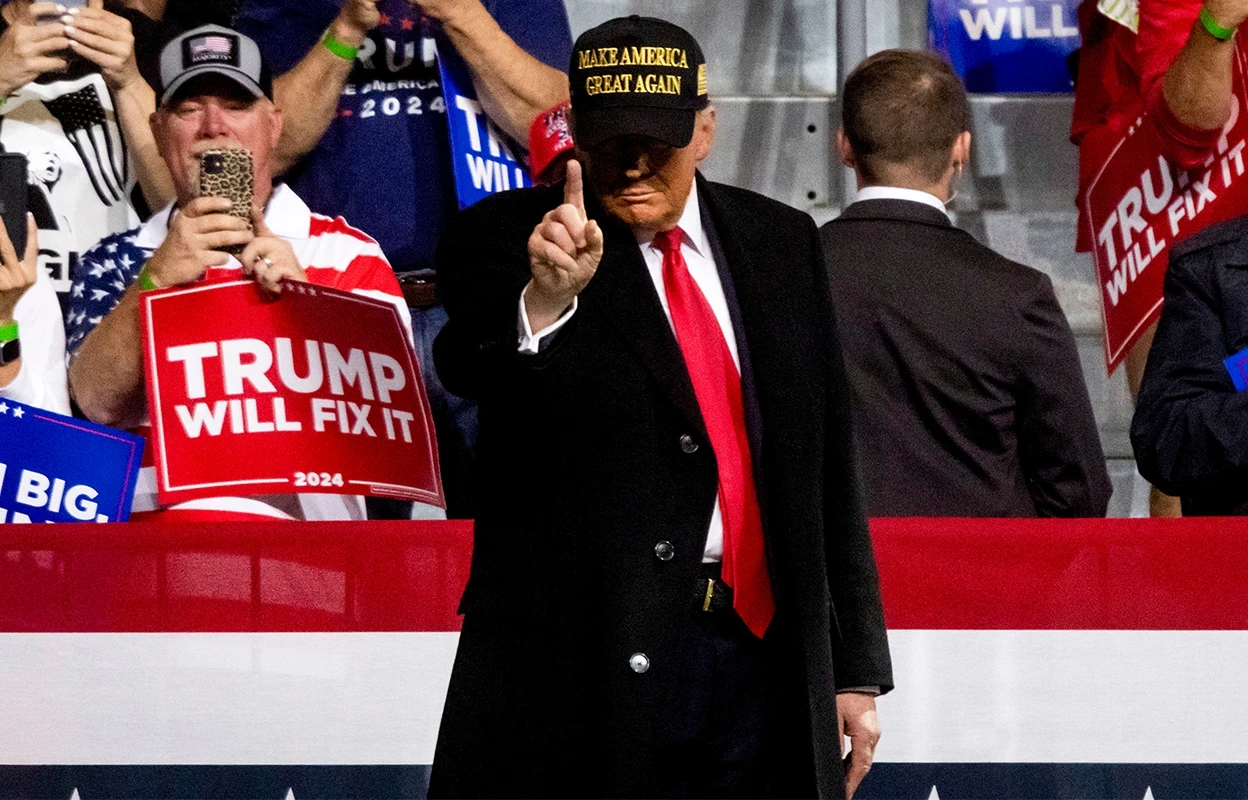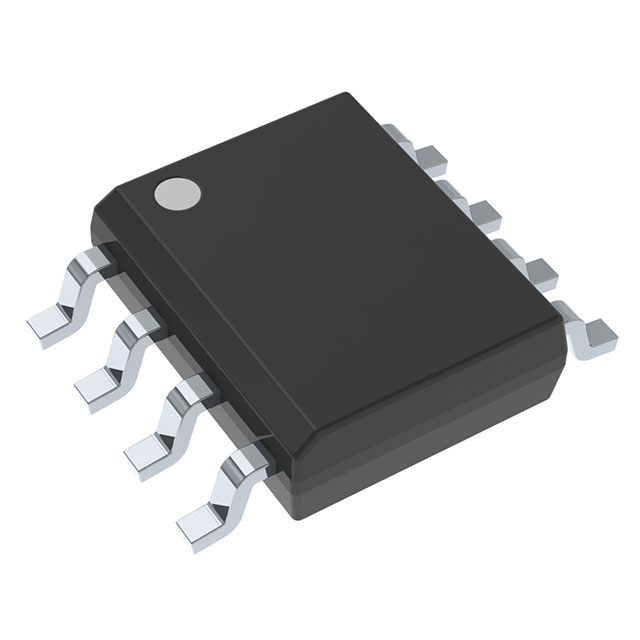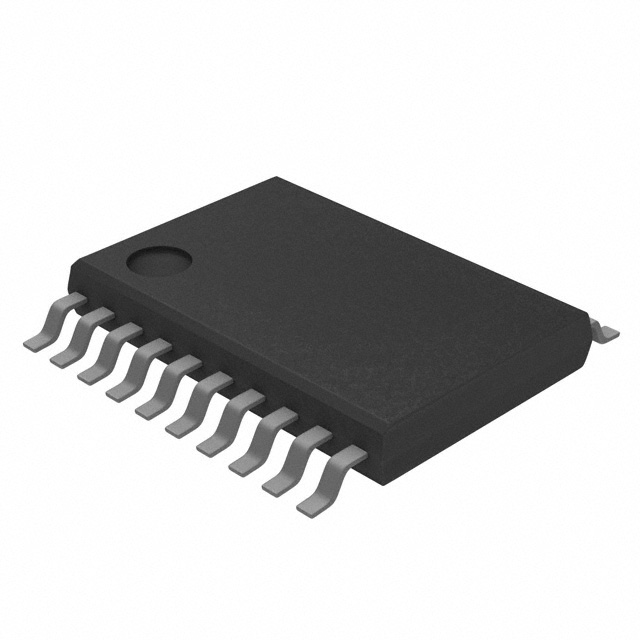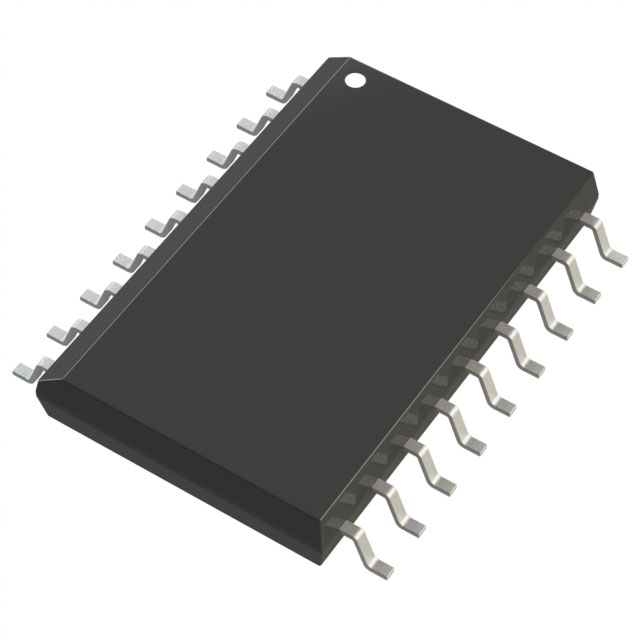

What a Second Trump Presidency Could Mean for AI and Technology

1. AI Funding and Innovation Policies
A second Trump administration might place a strong focus on economic revitalization, with AI funding and innovation policies at the core to secure a competitive edge. During his previous term, Trump’s administration supported AI research and development (R&D) through executive orders and funding incentives. The American AI Initiative, established in 2019, aimed to ensure the United States remains a global leader in AI advancements. Under a renewed Trump administration, this initiative could expand with an emphasis on AI applications for national security, industrial automation, and economic growth.
2. Data Privacy and Security Standards
Data privacy is an ongoing issue in U.S. tech policy. A Trump-led administration may lean towards business-friendly data usage policies, opting for less restrictive data regulations to support corporate growth. Trump has previously opposed GDPR-style data protection measures, focusing on more relaxed data privacy standards. A renewed Trump administration might continue this approach, favoring tech companies with looser data privacy policies, impacting industries such as cloud services, data analytics, and digital advertising.
3. Trade Relations and International Tech Competition
The U.S.-China relationship, especially regarding tech competition, would likely remain a priority in a Trump-led administration. During his first term, Trump’s policies included tariffs, sanctions, and restrictions on companies like Huawei and TikTok, citing national security concerns. His administration fostered what has been called a “tech cold war,” prompting companies to reevaluate their supply chains and increasing scrutiny on foreign technology. A second Trump presidency could further this stance, emphasizing independence from Chinese tech in sectors such as semiconductors, 5G, and quantum computing.
4. National AI Strategy and Workforce Development
As AI reshapes the job market, a Trump administration may prioritize AI workforce development to equip Americans with the skills needed for an AI-driven economy. Trump’s “America First” philosophy suggests a focus on developing a domestic workforce that can maintain the U.S.'s competitive edge in technology and AI. Federal investments in technical training programs and vocational education could help address the skills gap and ensure more Americans are prepared for the digital economy.
5. Cybersecurity and National Security
Cybersecurity could be a major focus under a second Trump administration, especially with the increasing frequency of cyber threats targeting U.S. infrastructure. During his first term, the SolarWinds hack underscored vulnerabilities in government and corporate systems. A renewed Trump administration may prioritize increased cybersecurity funding and stricter regulations to bolster cyber defenses across public and private sectors as AI-integrated systems become more widespread.
6. Ethics in AI and Responsible Innovation
AI ethics and responsible innovation are gaining importance worldwide. However, the Trump administration historically took a more relaxed regulatory approach. If re-elected, Trump may continue prioritizing business incentives over strict ethical guidelines. While this might benefit tech giants focused on rapid AI innovation, it could also raise ethical concerns, particularly around issues like AI bias and the use of AI in military applications.
7. Impacts on Emerging Technologies: 5G, Quantum Computing, and Biotechnology
A second Trump term could emphasize self-sufficiency in emerging technologies, reinforcing independence from foreign tech. Areas like 5G, quantum computing, and biotechnology could see increased federal support to ensure the U.S. remains a tech leader. Trump's previous administration promoted 5G infrastructure and could push for expanded collaboration with allied nations to create secure 5G networks.
Conclusion
A second Trump presidency could significantly impact the tech industry, AI advancements, and U.S. global competitiveness. His policies may shape the future of AI deployment and regulation across the U.S. by influencing key areas like data privacy, cybersecurity, and trade relations. For tech companies, understanding and preparing for these potential policy changes will be essential for success in a shifting U.S. tech landscape.
Subscribe to JMBom Electronics !













